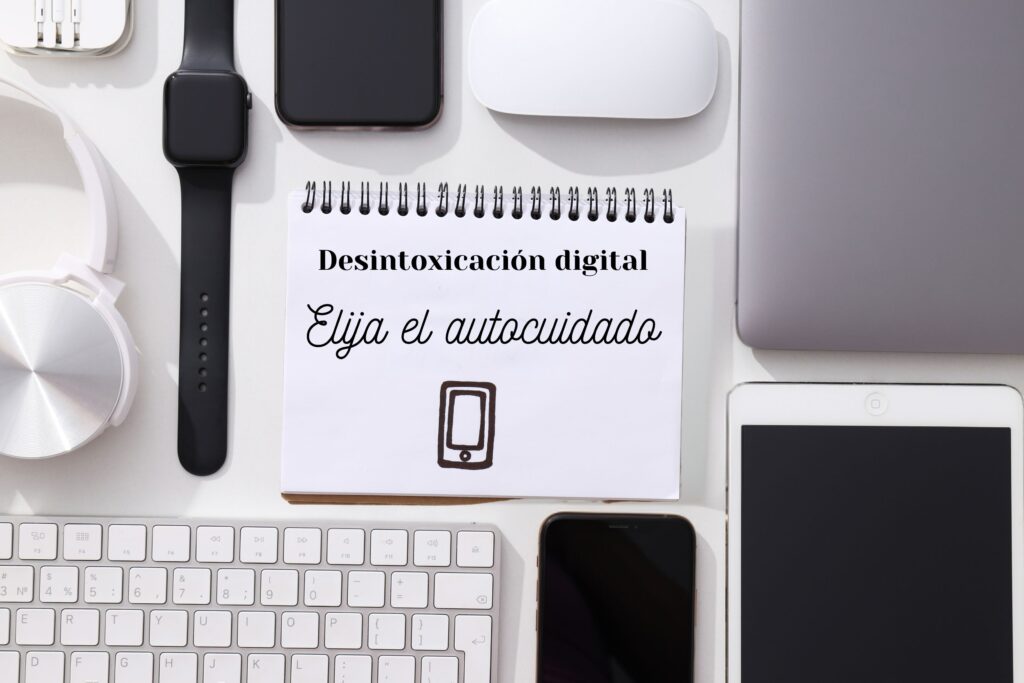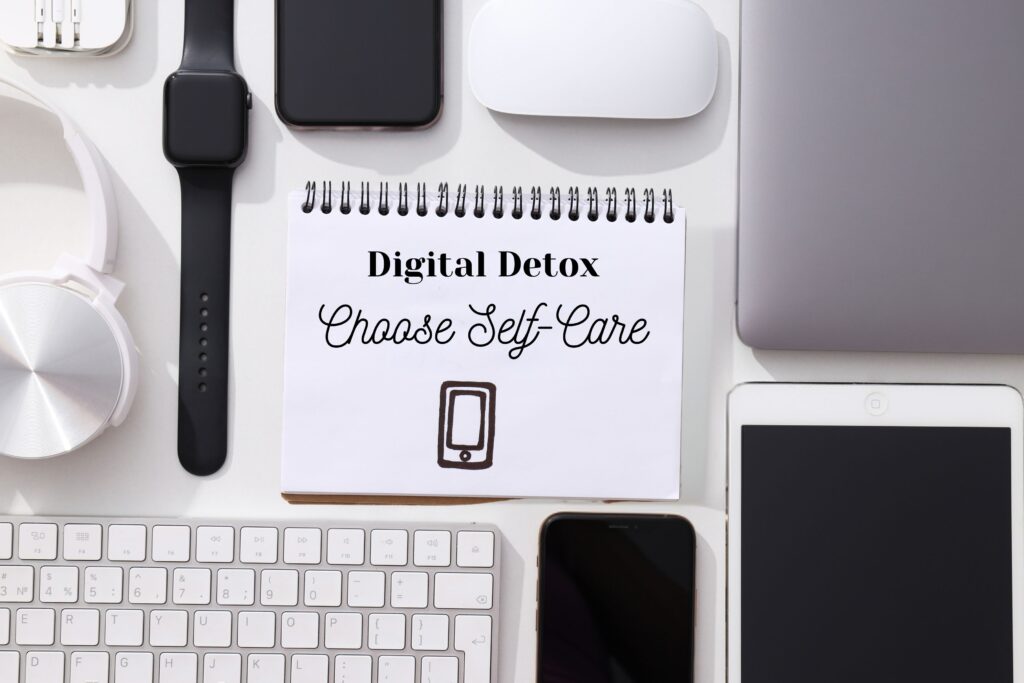Sentir el aire fresco esta mañana me recordó que el otoño ha llegado. En ocasiones es difícil darme cuenta por qué vivo en un clima muy cálido. ¿Quién elige vivir en un clima de 110 grados? ¿Verdad? Sé que es tiempo de sacar la ropa de invierno de la cochera y disfrutar de las temperaturas más frescas. El clima cambia con las estaciones del año, y nuestro cuerpo y mente también lo hacen. Ya sea que se esté preparando para el calor del verano o el frío del invierno, ajustar su rutina puede ayudar a que la transición sea más fácil.
Es importante conocerse a sí mismo y entender las necesidades de nuestro cuerpo. Reconocer cómo nos impactan las estaciones del año es crucial para crear una rutina que sea manejable. Debo ser honesta: levantarme por la mañana es mucho más difícil para mí durante el invierno. Algo sobre las mañanas más frías y oscuras no me motiva a salir a caminar como suelo hacer en verano. Me he dado cuenta de que necesito dormir más y programar mis caminatas para la tarde. Entender por qué haces lo que haces es la clave. Tómese un momento para reflexionar. ¿Cómo se siente cuando cambian las estaciones del año? ¿Experimenta mayor fatiga durante el invierno? ¿Necesita más cuidado personal durante las vacaciones debido al estrés? ¿O siente más melancolía y necesita apoyo adicional durante los meses más fríos? Dedicar un poco de tiempo a anotar sus síntomas puede ayudarle a averiguar qué ajustes podría necesitar hacer en su rutina o determinar si le beneficiaría buscar ayuda profesional de su equipo de salud o de un profesional de salud mental.
Enfrentar los cambios en las estaciones del año es muy personal. El cambio puede ser difícil y causar estrés, miedo e incluso ansiedad. Mientras que algunas personas se adaptan fácilmente a los cambios en el clima, los cambios de horarios escolares, etc., otras personas pueden tener dificultades para adaptarse, sintiendo que su vida diaria, su salud y su bienestar emocional se ven afectados. Practicar mindfulness, o la atención plena, y el cuidado personal puede ayudarnos a adaptarnos y mantenernos flexibles al cambio. Por ejemplo, está bien tener que presionar el botón de repetición un par de veces en su alarma o decidir quedarse en casa si el clima es desagradable. También puede mantenerse en comunicación con sus seres queridos de distintas maneras, aun cuando el clima no nos favorece. Comparta su experiencia con sus seres queridos; es probable que ellos sientan lo mismo. Mi forma favorita de sobrellevar los meses más fríos es con sopas y guisos calientes llenos de verduras. Una comida caliente y una rutina nocturna relajante son todo lo que necesito para despertar sintiéndome renovada.
Adaptarse a los cambios en las estaciones del año no tiene por qué ser estresante. Al prestar atención a su cuerpo y hacer pequeños ajustes reflexivos, puede navegar los altibajos de las estaciones del año con un poco más de facilidad. Recuerde, se trata de encontrar lo que funciona para usted y mantener su salud como una prioridad a lo largo del año.
¡Cuídese y disfrute de cada estación del año!











